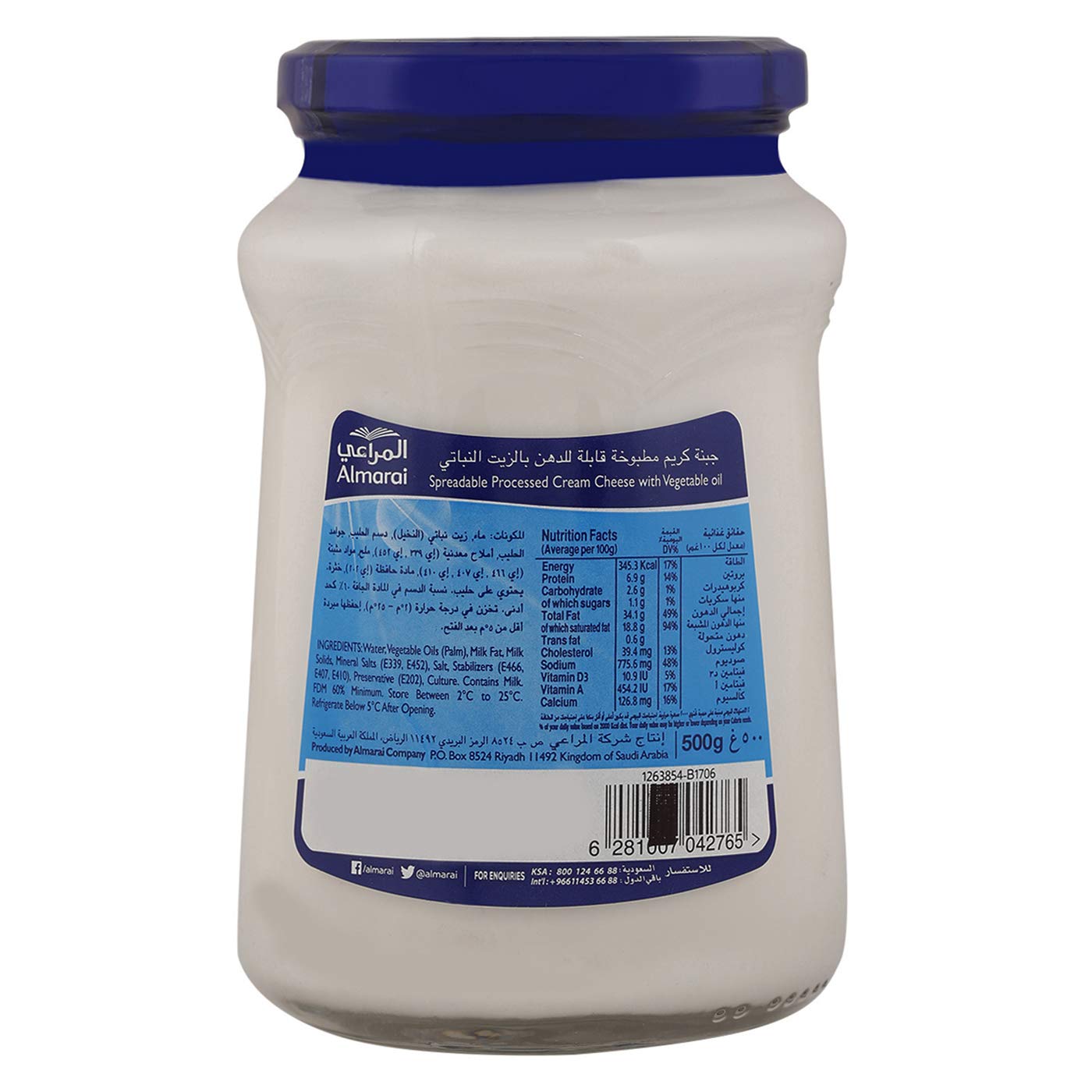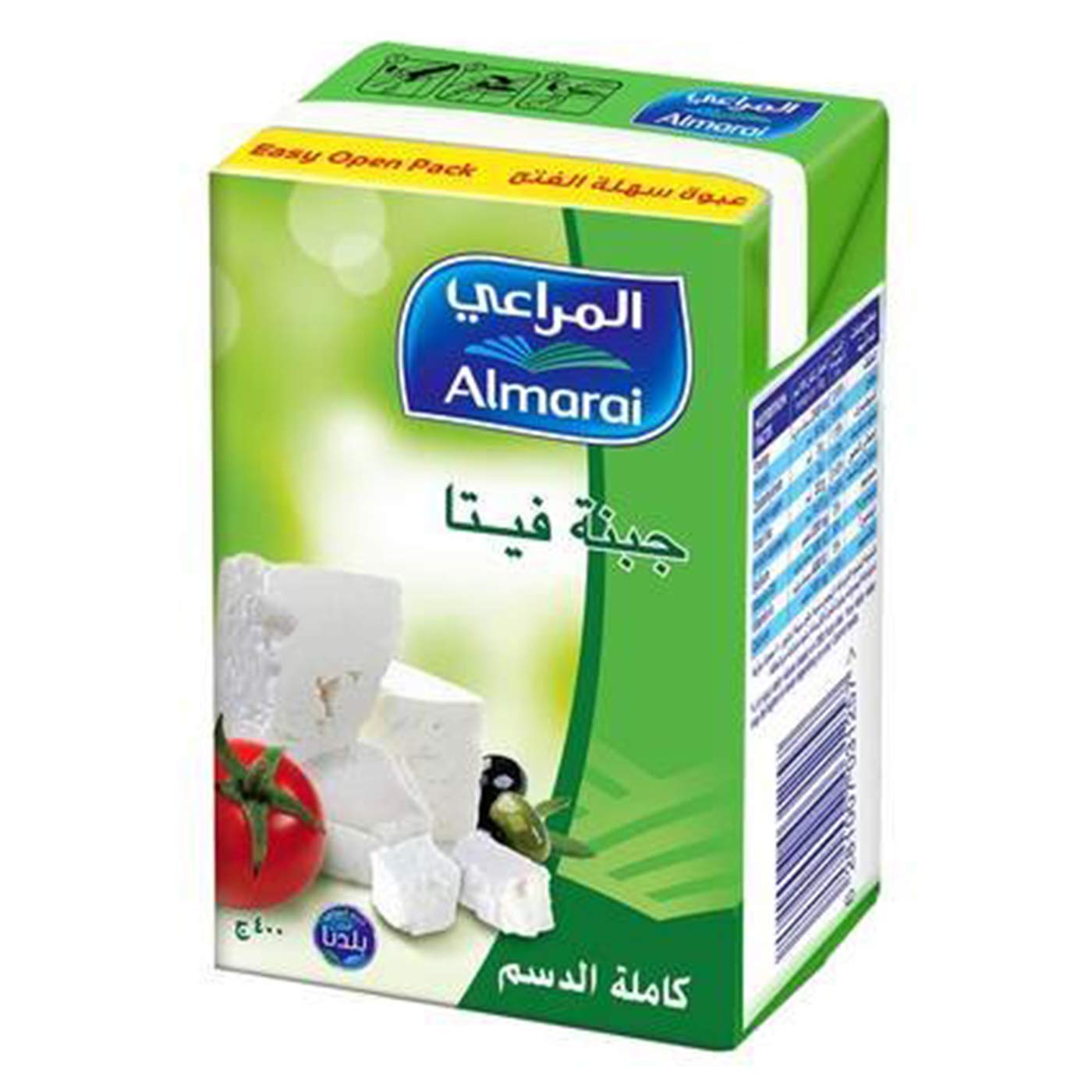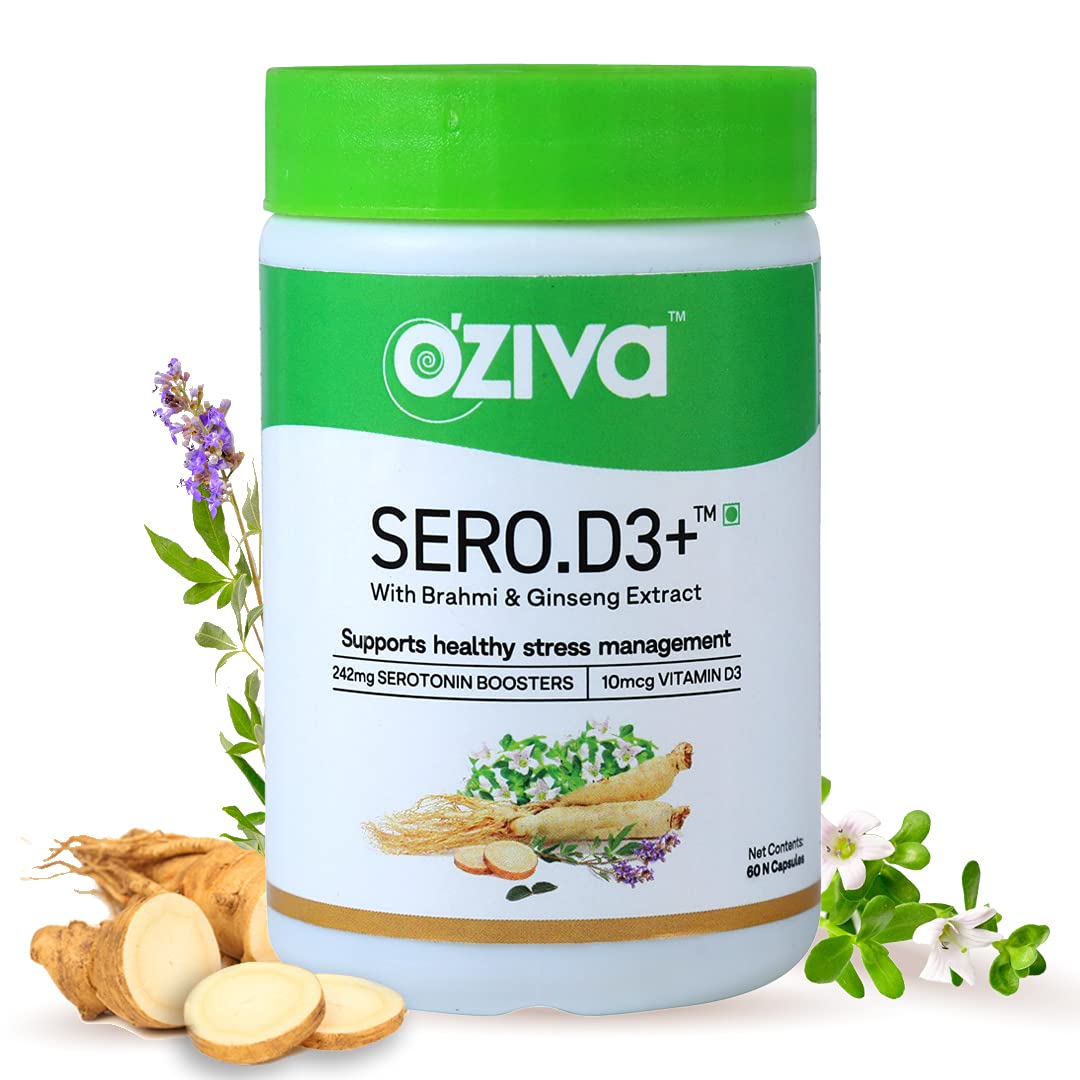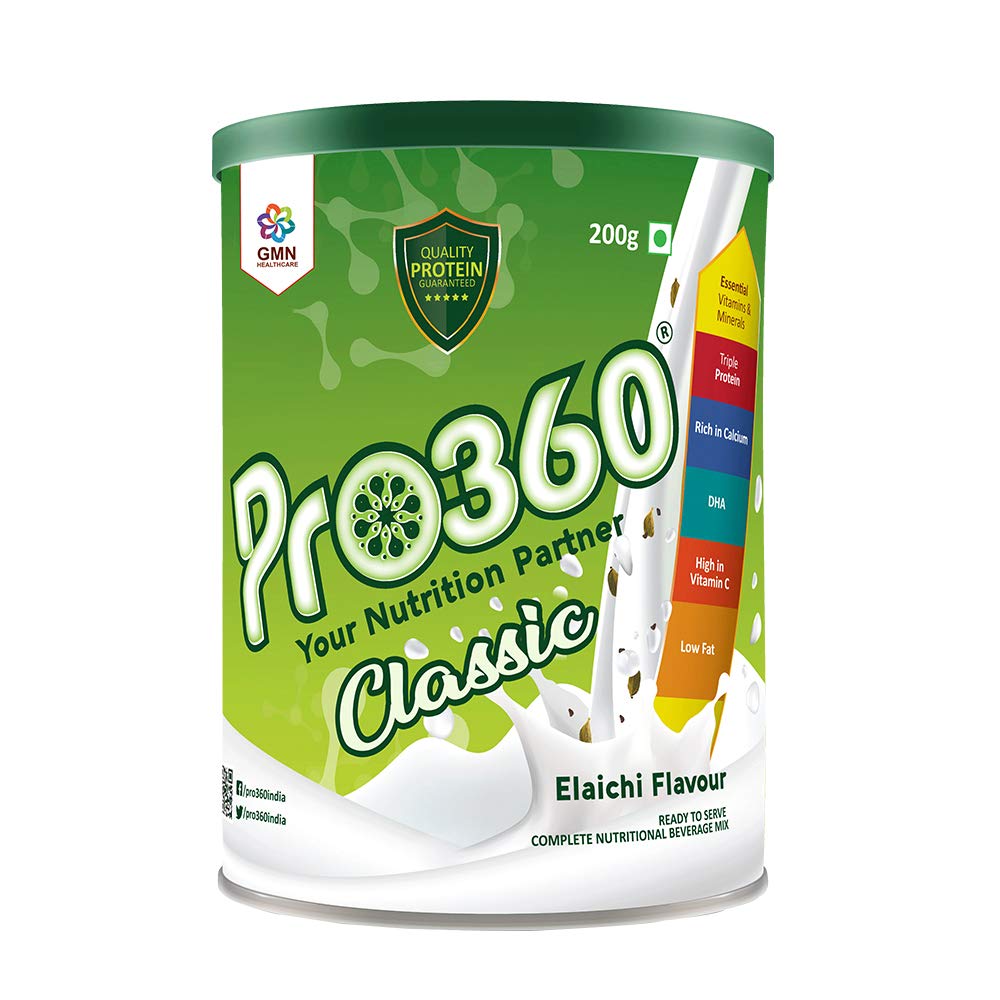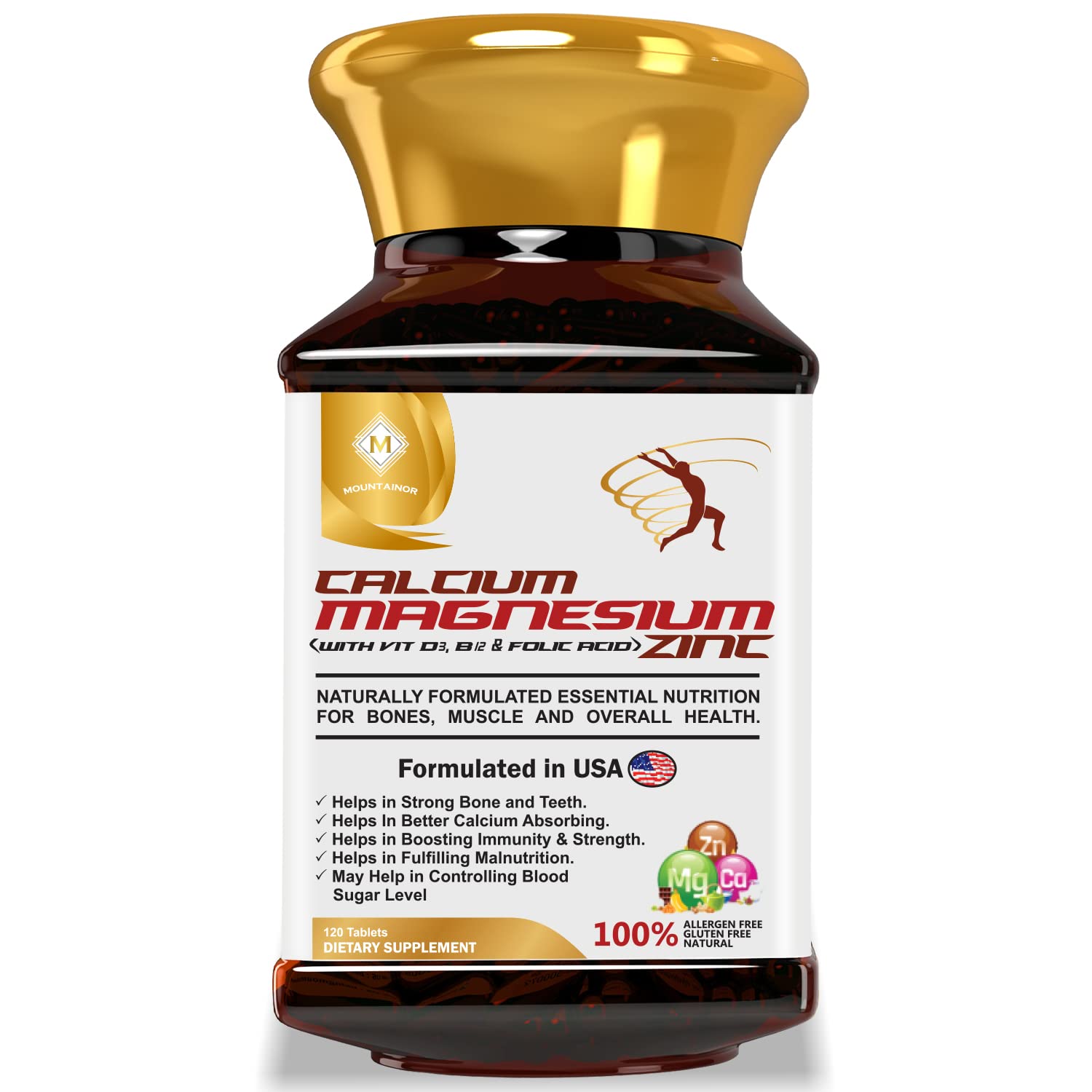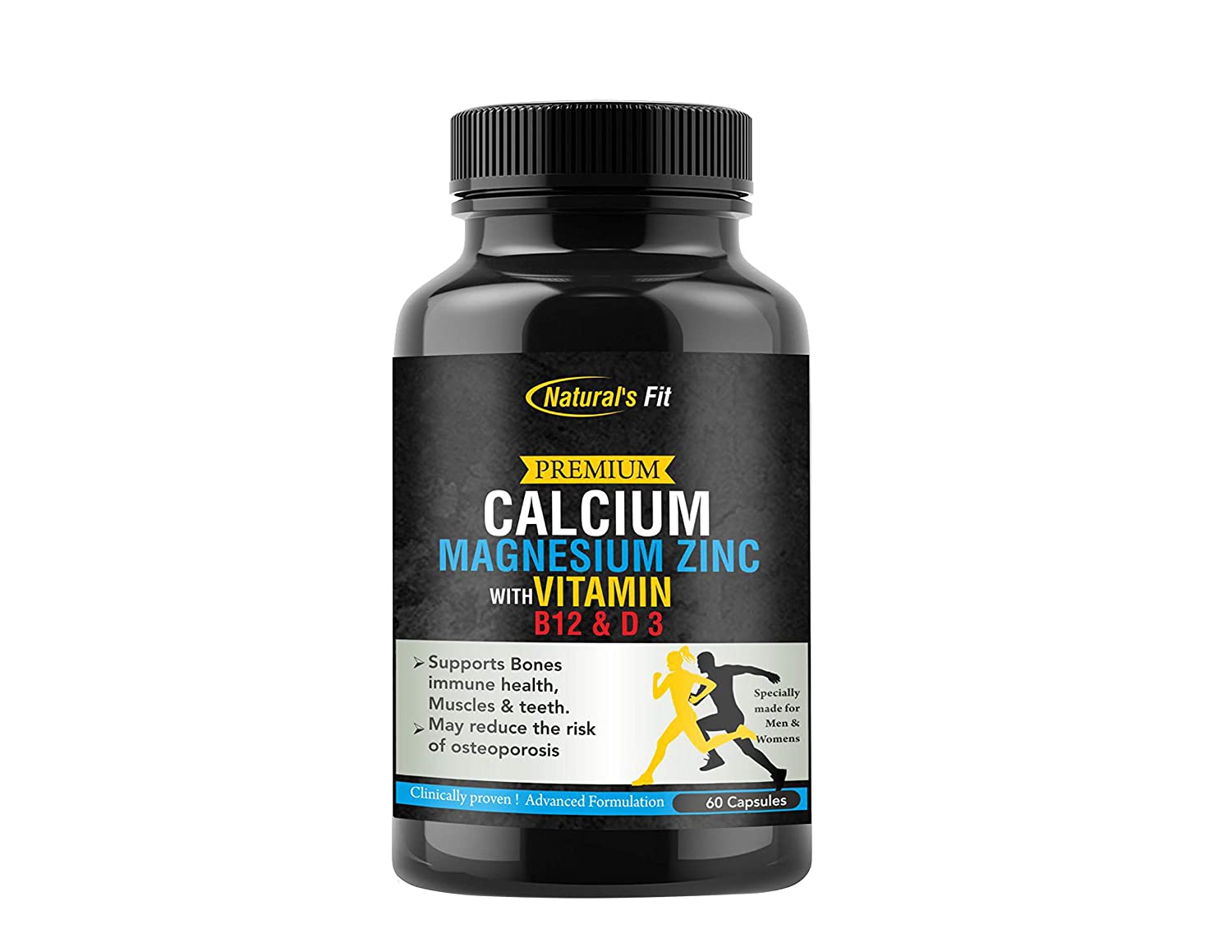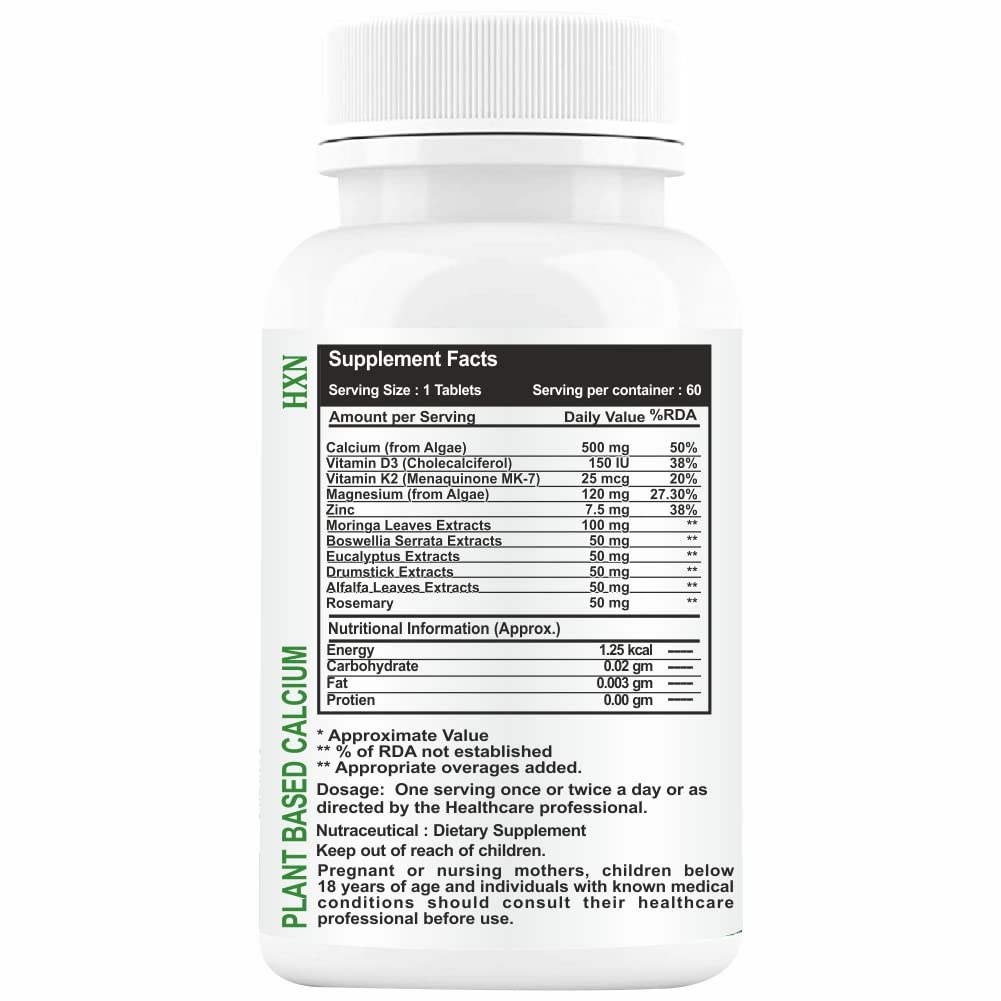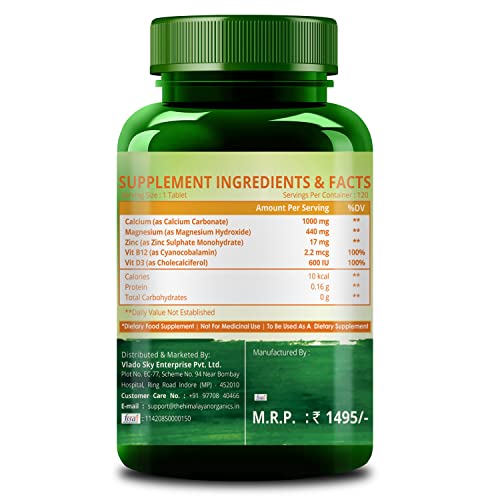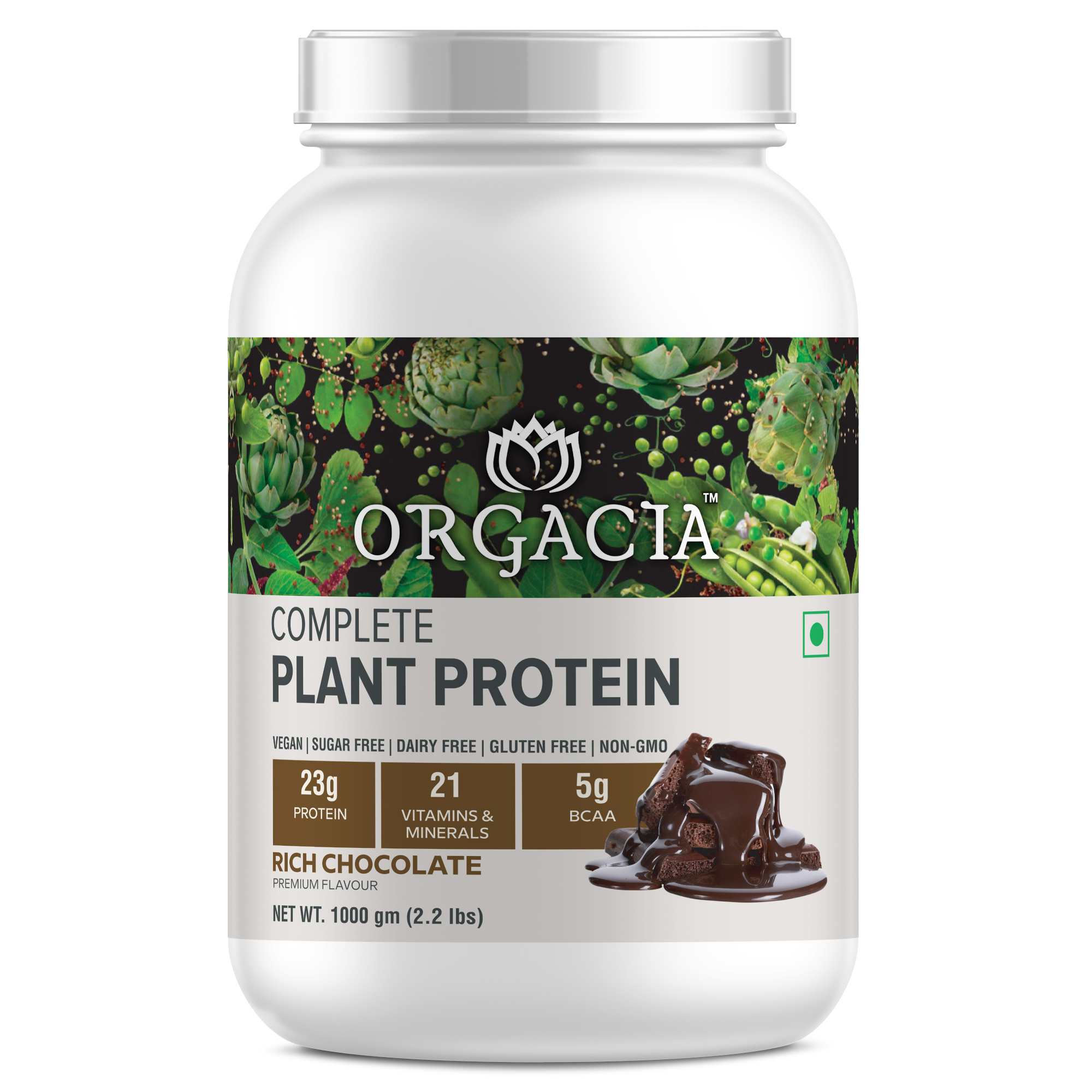Vitamin D3
Micronutrient
Last update date: October 11, 2023
Vitamin D3 is also called Cholecalciferol. Vitamin D is made by the body when your skin is exposed to sunlight. It helps in the absorption of calcium and phosphorus.
Frequently Asked Questions
1.
What is Vitamin D3?
Vitamin D3, also known as cholecalciferol, is an essential nutrient that plays a vital role in promoting calcium absorption in your body. It acts as a supplement and is commonly used to treat individuals with vitamin D deficiency or related disorders such as rickets or osteomalacia. While sunlight is a natural source of vitamin D, vitamin D3 is primarily found in animal-based foods. Incorporating vitamin D3 into your diet or using it in conjunction with other supplements or medications can help ensure proper calcium absorption and support overall bone health.
2.
What is positive impact of Vitamin D3?
Vitamin D, synthesized by your body when your skin is exposed to sunlight, is vital for the prevention and treatment of bone disorders like rickets and osteomalacia. However, factors such as sunscreen use, limited sun exposure, protective clothing, dark skin, and age can hinder adequate vitamin D production from sunlight alone. Combining vitamin D with calcium is an effective approach to address bone loss, particularly in conditions like osteoporosis. Additionally, vitamin D supplements are sometimes used in combination with other medications to combat low levels of calcium or phosphate caused by specific disorders, such as hypoparathyroidism, pseudohypoparathyroidism, or familial hypophosphatemia.
3.
Who should avoid Vitamin D3?
Vitamin D3 is generally safe for consumption by most individuals. However, specific populations may need to exercise caution or avoid excessive intake of this nutrient. It is recommended to consult with your healthcare provider if you have certain conditions or factors that may necessitate restrictions or modifications in your vitamin D3 intake. People with conditions such as hypercalcemia, certain kidney diseases, or granulomatous disorders should seek medical advice to determine the appropriate use and dosage of vitamin D3 supplements.
4.
What are common sources of Vitamin D3?
Vitamin D3 can be obtained from various dietary sources, primarily animal-based foods. Including these sources in your diet can help ensure an adequate intake of this essential nutrient: Rainbow trout, farmed: This fish is an excellent source of vitamin D3, providing a healthy dose of this nutrient. Sockeye salmon: Sockeye salmon is another fish variety that offers a rich supply of vitamin D3. Sardines: These small fish are packed with essential nutrients, including vitamin D3, making them a valuable dietary source. Eggs: Egg yolks contain vitamin D3, making eggs a convenient option for meeting your nutrient needs. Beef liver: Although it should be consumed in moderation, beef liver is a nutrient-dense organ meat that contains vitamin D3 among other essential vitamins and minerals.


